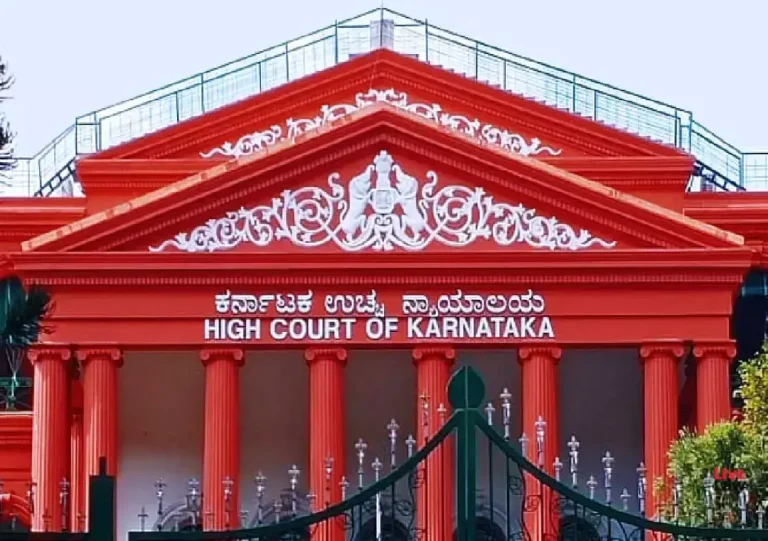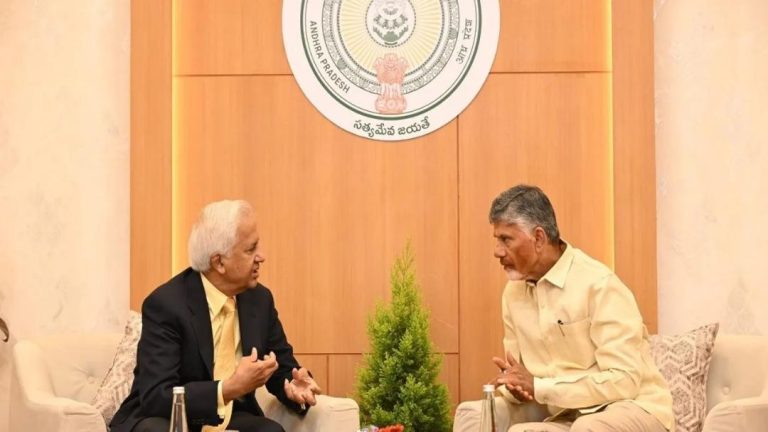
ICAR Loses Crucial Recruitment & Research Data After Hack: Report
In a shocking revelation, the Indian Council of Agricultural Research (ICAR) has reportedly lost crucial data, including research projects and recruitment information, after a major security breach in April. The hack, which impacted the council’s website, Delhi server, and Hyderabad replication server, has left the organization scrambling to contain the fallout.
According to a report by The Indian Express, the affected data includes recruitment information for key positions such as Deputy Directors General, as well as research projects that could have significant implications for the agricultural sector. The loss of this data is not only a breach of confidentiality but also a setback for the council’s research and development efforts.
The ICAR is a premier research organization in the country, responsible for conducting and coordinating research in agriculture and related fields. Its research projects and findings are crucial for the development of the agricultural sector, which is a significant contributor to the country’s economy.
The hack is believed to have occurred in April, but it was only recently reported by The Indian Express. The exact nature and extent of the breach are still unclear, but it is understood that the council’s website and servers were compromised, resulting in the loss of sensitive data.
The ICAR has set up a committee to investigate the breach and submit a report on improving data security measures. However, the committee’s report is yet to be submitted, leaving the council’s researchers and staff in a state of uncertainty.
The loss of data is a major setback for the ICAR, particularly in the context of ongoing research projects. The council’s research endeavors are critical for addressing some of the pressing issues facing the agricultural sector, including climate change, soil degradation, and pest management.
The impact of the hack is not limited to the ICAR alone. The loss of data and research findings could also have far-reaching implications for the agricultural sector as a whole. The sector is already facing significant challenges, including declining yields, increasing pest resistance, and climate change-related disruptions.
In addition to the research implications, the hack also raises concerns about the council’s ability to protect sensitive information. The ICAR is responsible for handling large amounts of data, including personal and financial information of researchers, students, and other stakeholders.
The incident highlights the need for robust data security measures to prevent such breaches in the future. The ICAR must take immediate action to contain the fallout and ensure that the lost data is recovered or recreated.
The council must also conduct a thorough investigation to identify the root cause of the breach and take necessary steps to prevent such incidents in the future. This includes implementing robust security protocols, conducting regular security audits, and providing training to researchers and staff on data security best practices.
In conclusion, the ICAR’s data breach is a serious incident that highlights the need for robust data security measures in the research sector. The loss of crucial data and research findings is a setback for the council and the agricultural sector as a whole. It is imperative that the ICAR takes immediate action to contain the fallout and ensures that the lost data is recovered or recreated.






